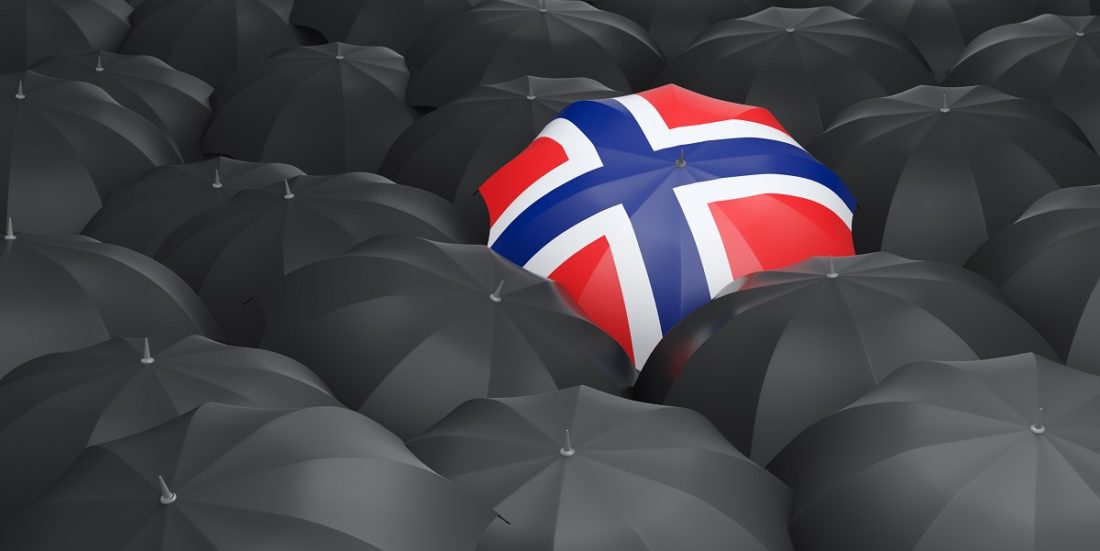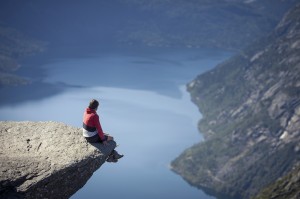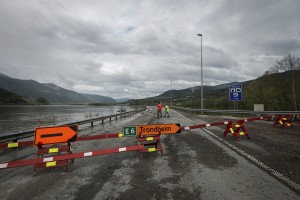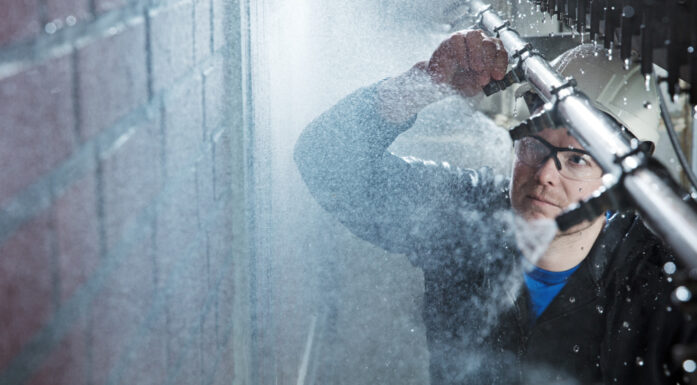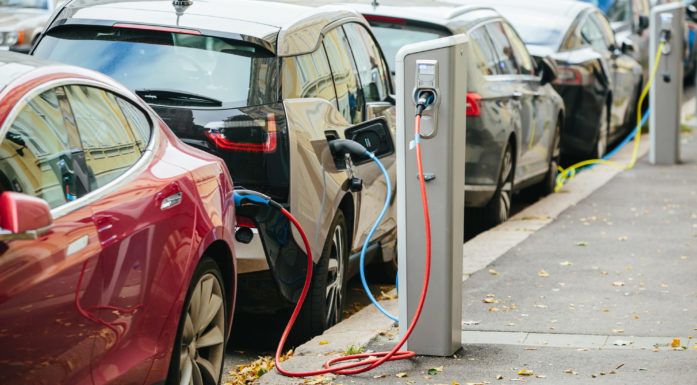Norwegians—and the rest of the world—are not afraid of climate change
More and more people claim to have experienced the direct impacts of climate change. Yet we are worrying less about how climate change may affect us.
More than 30 per cent of the Norwegian population say they have experienced the consequences of climate change in their municipality. This is a marked increase, according to the latest figures from the 2015 Climate Barometer report, a survey by TNS Gallup conducted in collaboration with NTNU.
Although Norway has been hit by several extreme weather events over the past year, fewer Norwegians are worrying about the consequences that climate change may bring for themselves, their families and their homes. The proportion fell from 60 per cent in 2010 to 44 per cent in 2015.
“Our research shows that our own experiences determine how threatening we perceive climate change to be. Our neighbour’s experiences mean little,” says Professor Haakon Lein at NTNU’s Department of Geography.
People are noticing climate change
So perhaps the contradictions revealed in the recent climate survey are not so surprising.
- 31 per cent of the population claim to have observed the consequences of climate change in their municipality, an increase from 11 per cent in 2013.
- Most of these individuals have noticed more rain, changes in the onset and duration of the seasons, warmer temperatures and less snow.
- A growing number have experienced extreme weather and other unusual natural events, or know someone who has.
- 22 per cent say they have taken steps to reduce the risk of damage to private property from future natural events – an increase of 5 per cent in 2013.
- More than 60 per cent believe we will experience more storms, hurricanes, floods and landslides in Norway between now and 2050 as a result of climate change. In 2013, under 25 per cent of the population thought the same.
At the same time, fewer people say that they worry about how climate change might affect them directly. Only 7 per cent believe that their own town is particularly vulnerable to storms, floods, landslides or drought – even though several say they have experienced such events.
Norwegians aren’t worrying
“A common explanation for the lack of involvement in the climate issue has been that for many people, climate change appears to be a vague threat that is going to happen far in the future, and that will primarily affect others. Now we’re seeing that many people believe that climate change has come closer in space and time, but at the same time, they are apparently less worried,” says Lein.
He points to several possible explanations. Some people may believe that climate change, in terms of shorter winters and less snow, is not that dangerous and that the most dramatic consequences of climate change will happen elsewhere. Others might think that the welfare state and good insurance will save us if anything happens.
Lein emphasizes that more research is needed on these reasons, but he also refers to a study of the 2010 Climate Barometer results. It showed that it is primarily direct personal experiences with climate change that make us concerned about the consequences of climate change. The researchers found no evidence that living in a flood-prone area, in and of itself, affects how we relate to climate change. Only when water floods our basement do our attitudes change.
… nor is the rest of the world
Gunhild Setten, a Professor of Geography at NTNU and the manager of a project to examine how Norwegian communities cope with climate change and extreme weather, does not think that this attitude is specific to Norwegians.
According to Setten, the findings are consistent with international research. “Climate change challenges us emotionally, and so maybe we need to keep a certain distance from it. An American researcher has written a book on the attitudes toward global warming among the inhabitants of the fictitious Norwegian town of Bygdaby. The book is entitled Living in Denial and raises questions on the relationship between actual knowledge about climate change and the perception of climate change as almost impossible to comprehend. In another project, leading climate scientists in Australia have been interviewed, and the results also indicate a kind of psychological distance, with a gap between the knowledge one has as a climate scientist and how climate scientists handle the climate challenge in their private lives,” says Setten.
Reference: TNS Gallup 2015 Climate Barometer
Päivi Lujala, Haakon Lein and Jan Ketil Rød (2015). Climate change, natural hazards and risk perception: The role of proximity and personal experience. Local Environment, vol. 20, no. 4, pp. 489-509. The project website can be found here.
